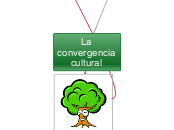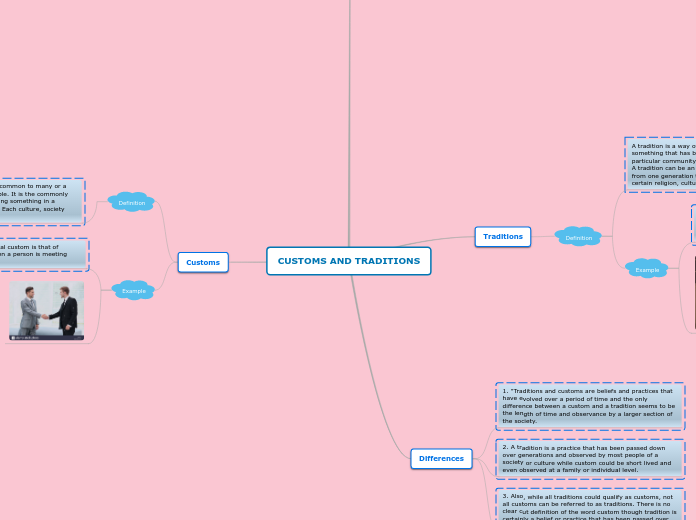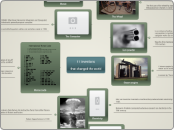jonka Johanna Sindayihebura - Rick Hansen SS (2542) 6 vuotta sitten
607
AB
Croatia's cultural and communication norms emphasize respect, personal space, and clear verbal exchanges. Non-verbal communication is nuanced, with gestures such as whole-hand pointing and nods preferred over using fingers.









